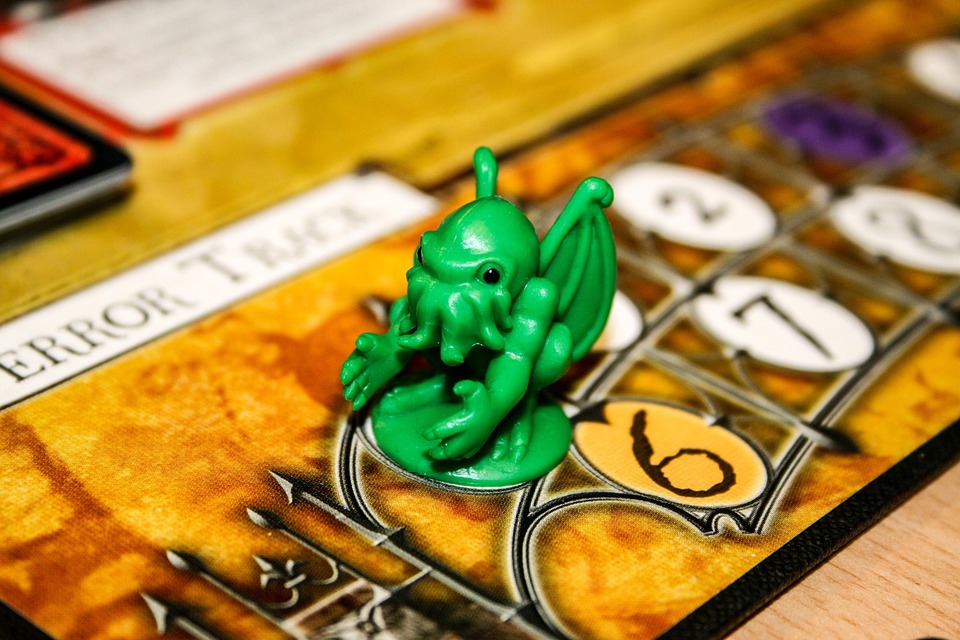Horror games have long fascinated players, immersing them in unsettling worlds that evoke intense emotions. As the digital landscape continues to evolve, the question remains: why are we so drawn to experiences that terrify us? The psychology of fear plays a pivotal role in the allure of horror games. Through an exploration of fear’s nature, the thrill of the unknown, and the emotional catharsis these games offer, we can begin to understand why they captivate us.
The Nature of Fear
Fear is a fundamental human emotion, intricately woven into our evolutionary fabric. It serves as a survival mechanism, alerting us to potential dangers. In horror games, fear is skillfully manipulated to create a unique experience characterized by tension, anxiety, and adrenaline rushes. Players are placed in scenarios where their safety feels threatened—though they know it’s not real, the brain processes the stimuli as if it is.
The amygdala, a small almond-shaped cluster of nuclei in the temporal lobe, is key in this process. It assesses threats and triggers our fight-or-flight response. In the immersive world of horror games, the juxtaposition of real-life fear responses and the knowledge of a safe environment creates a paradox that we find exhilarating. This thrill keeps players returning, drawn to the very emotions that make them uncomfortable.
The Thrill of the Unknown
One of the most captivating elements of horror games lies in the uncertainty they introduce. The unpredictable nature of horror—where the next jump scare can come at any moment—maintains a high level of suspense. Human beings are naturally curious, and the fear of the unknown taps into this innate desire to explore and understand our environment.
Horror games often use atmosphere and storytelling to cultivate this uncertainty. The graphics, sound design, and narrative layers contribute to a rich tapestry of tension. Players may walk through a dimly lit corridor, hearts racing as they anticipate the unforeseen. The haunting sounds of whispering echoes or creaking floorboards amplify the emotional stakes. This intricate design encourages players to push forward, despite their instincts to flee.
The Power of Agency
Unlike traditional horror films, horror games grant players agency over their experiences. We control the protagonist, making decisions that can lead to survival or demise. This sense of agency is crucial; it allows players to confront their fears in a controlled environment. When faced with threats—be it a stalking monster or an uncanny puzzle—players must think critically, strategizing their way out.
This engagement creates a profound connection between the player and the game. Overcoming fears, even virtual ones, can lead to a sense of accomplishment. It’s a microcosm of wrestling with real-life anxiety, anxiety that, while debilitating, can also be faced head-on with courage and resilience.
Emotional Catharsis
One of the most compelling reasons for the popularity of horror games is the psychological phenomenon known as catharsis. This refers to the emotional release one experiences after navigating through intense feelings, such as fear. Engaging with horror games allows players to explore their darker emotional landscapes in a safe, controlled environment.
After the initial spikes in adrenaline and tension, many players report feelings of relief and satisfaction. They have confronted their fears—albeit in a virtual space—and emerged from the experience unscathed. This process can serve as a therapeutic outlet, allowing people to explore anxieties and fears they may otherwise avoid.
Community and Shared Experience
Finally, the communal aspect of horror games enhances their appeal. Players often share their experiences, whether through live streams, forums, or social media. This shared engagement can amplify the feelings of fear and excitement; the collective experience fosters a sense of belonging among participants. Discussions about strategies, storylines, and scare tactics further enrich the immersion, transforming the solitary act of gaming into a shared cultural phenomenon.
Conclusion
The psychology of fear illuminates why horror games captivate our imaginations. They allow us to explore our deepest anxieties while providing a sense of agency and emotional catharsis. In an increasingly complex world, these games offer not only fear but also community, engagement, and a safe space to confront the unknown. As technology advances, the potential for new and deeper psychological experiences in horror gaming will continue to evolve, ensuring that our fascination with fear endures for years to come.



